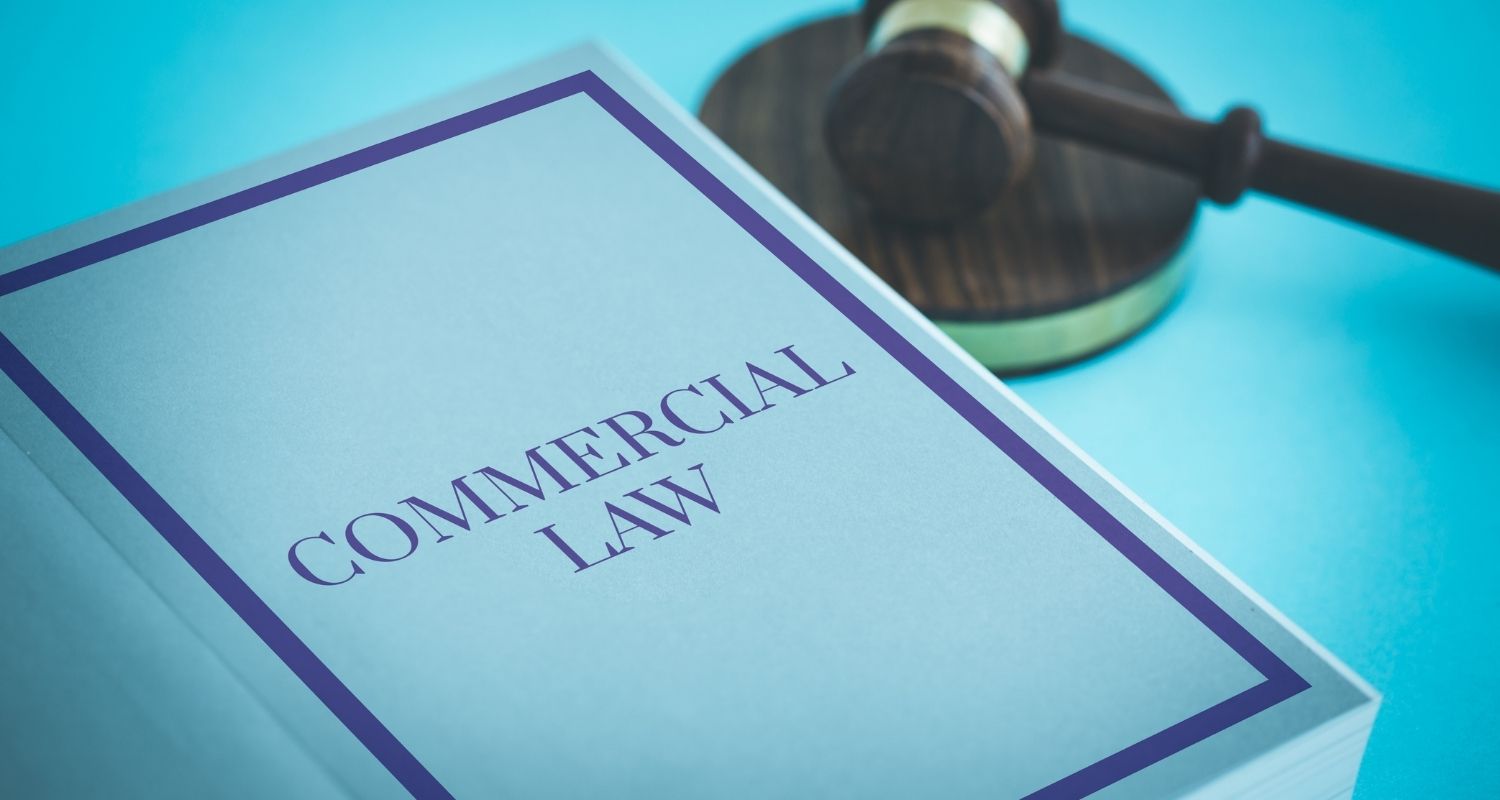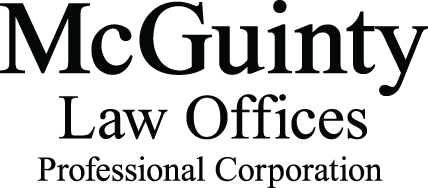
Resolving Commercial Law Disputes Out of Court
It is generally desirable to resolve a business dispute outside of court.
Alternative Dispute Resolution (ADR) is a method which allows parties to achieve an agreement without resorting to legal action or judicial proceedings. Alternative dispute resolution is generally faster, less expensive, and allows the parties to rebuild their relationship.
What is dispute resolution?
Dispute resolution is the process of settling legal disputes between corporations. This can be achieved in several ways. ADR is a method of resolving disputes without going to court and includes arbitration, mediation, expert determination and neutral evaluation. For example, a mediation is usually led by a certified expert who works with both parties to discover common ground and a way ahead.
Unlike litigation, one party is frequently forced to accept an unfavourable ruling.
Pre-action discussion
In the early stages of resolving a disagreement, lawyers from both sides are often asked to correspond and negotiate; this is usually the cheapest option. By properly stating the case and defining acceptable outcomes, it is often possible to reach an agreement without court.
Alternative Dispute Resolution (ADR)
ADR can often assist parties in finding a solution without resorting to litigation. Mediation, arbitration and conciliation are all options.
Mediation entails parties meeting with a skilled mediator who helps them comprehend one other’s viewpoints (and encourages them to achieve a joint decision). It takes time to exchange documents and hold meetings, but it is faster than litigation. The mediator is neutral and will not make any decisions, but will help the parties reach an agreement.
An unbiased adjudicator performs arbitration, but their rulings are often legally binding. This is usually less expensive than litigation, and you can choose an arbitrator with specific experience.
Conciliation is comparable to mediation. However, achieving it is not always done in person. Early mediation can help address issues before they become entrenched.
Litigation
Preparing a legal case for a court is called “litigation”. This takes longer and costs more than other methods. The court will issue an order based on the facts of the case, which will bind all parties.
Advantages of mediation
 Negotiation and alternative dispute resolution allow parties to focus on their business rather than a lengthy and damaging dispute. Mediation, for example, allows parties to restore their relationship and possibly resume commercial contacts to their mutual benefit.
Negotiation and alternative dispute resolution allow parties to focus on their business rather than a lengthy and damaging dispute. Mediation, for example, allows parties to restore their relationship and possibly resume commercial contacts to their mutual benefit.
Mediation is advantageous since all parties agree upon the resolution, and no one is forced to accept it. That is, both parties win.
During mediation
Mediation involves both sides meeting separately and listening to their issues. Mediators will assist them in seeing each other’s points of view and recommending methods to move forward. A lawyer would generally advise and aid in safeguarding rights and finding an acceptable resolution.
McGuinty provides commercial dispute resolutions
McGuinty advises and represents clients in complex, high-value commercial disputes spanning several industries. Our business disputes team has a proven track record of successfully resolving challenging conflicts.
McGuinty is a full-service legal firm located in Ottawa for over 30 years. Our lawyers have a combined service history of more than 60 years. Wills, estates, personal injury, contract disputes, real estate, family law, employment law, and human rights law are some of the areas in which we specialize.
We would appreciate the opportunity to meet with you for a consultation. We can assist you whether you are a person or company owner involved in a dispute. The legislation in this area is not always clear, so you must preserve records and be aware of your deadlines. We negotiate aggressively on your behalf and assemble a compelling case, based on the relevant facts and legislation.
For more information on the best methods of resolving commercial disputes out of court in Ottawa, visit mcguintylaw.com or call us at (613) 526-3858 today.


